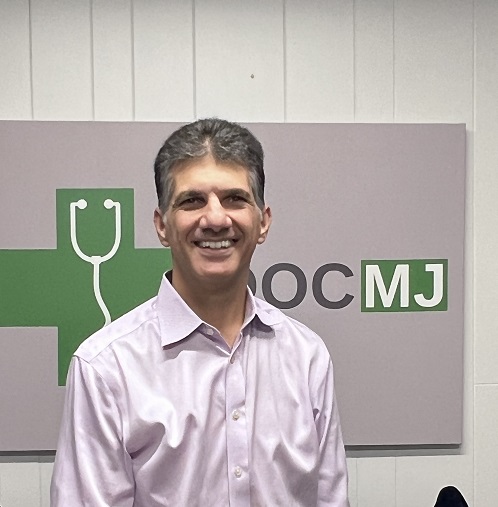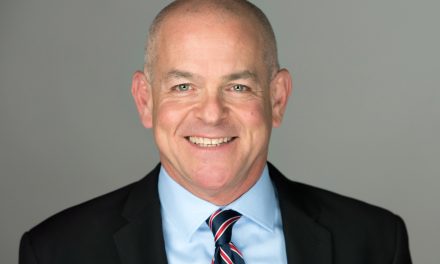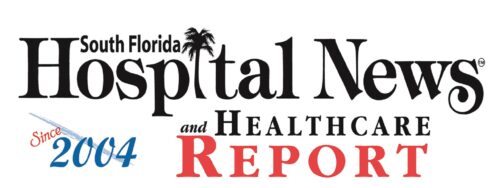By Aaron Bloom
Some changes are coming to the medical cannabis industry that could positively impact patients. You may have read that the Office of Medical Marijuana Use (OMMU) has authorized the issuance of twenty-two (22) new dispensary licenses in Florida. A move that will effectively double the size of the medical cannabis marketplace.
According to data analytics provided by Headset, the current twenty-two (22) licensed operators in Florida generated more than $1B in sales within the first six months of 2022. With over 775,000 registered patients, adding more vertically integrated dispensaries is an attempt to keep pace with the growing medical cannabis program.
The Impact of Rising Inflation and Cost of Medical Cannabis for Patients
Patients who have a Medical Marijuana Use Registry Identification card incur a variety of expenses. First, there is the cost of the health check and physician evaluation. Then there are the state registration and renewal fees.
Most patients understand that doctor supervision is a benefit and a requirement that enhances patient safety. But the cannabis industry is not immune to rising inflationary costs. And consequently, some patients may find medical cannabis products costly.
Accessibility to Local Dispensaries
You may have numerous dispensary options depending on where you live in Florida. But in other areas, the availability of retail, medical cannabis dispensaries can be sparse. A quick look at Google Maps shows the pattern of dispensary locations and exclusion zones.
More licenses and expanded vertically integrated dispensary service could help bridge the gap. And make medical cannabis more accessible for patients living outside of major urban areas. This includes patients who may not have private or reliable public transportation in rural areas.
While some MMTCs offer delivery services from a 25-mile radius to statewide, patients must pay a convenience fee ranging from $15 to $20. This can significantly add to costs if delivery is required for every patient’s dispensary purchase.
When we consider compassionate care, one of the fundamental goals of the medical cannabis program in Florida is accessibility. We strive to ensure that patients with qualifying health conditions can afford to try cannabis as an alternative therapy. We fall short of these goals if patients are priced out of the equation by fees or the cost of products. Or if patients feel that legal, doctor-supervised medical cannabis is too expensive and pushes patients to illicit routes to acquire marijuana.
By doubling the number of dispensary locations in Florida, the OMMU is helping to address the needs of the growing number of registered patients and helping to ensure that medical cannabis remains affordable and accessible for all qualified patients.
Aaron Bloom is CEO, DocMJ.










